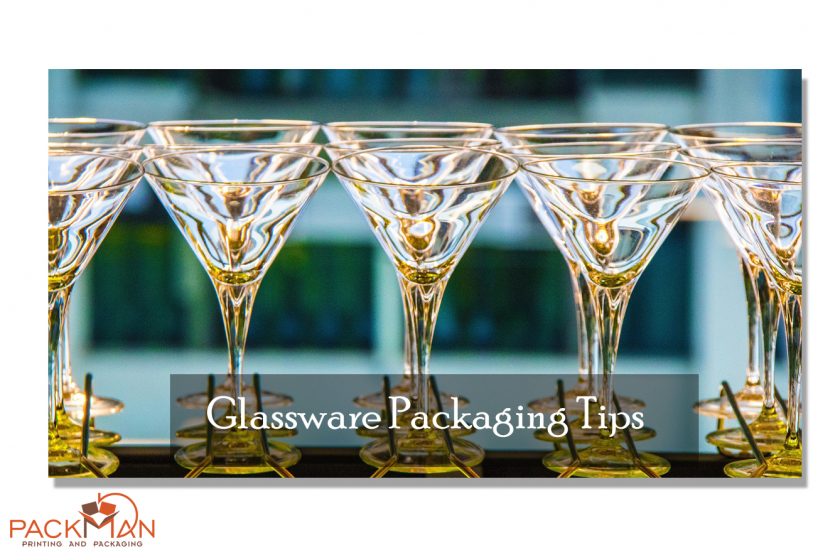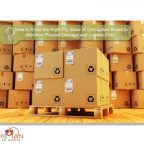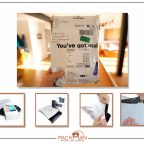Shipping glass bottles, jars through parcel has always been a challenge, since the carton materials used are meant for bulk pallet handling, where cartons are tightly packed together on a pallet and stays on the pallet during handling, instead of single-piece shipments.
These packing methods save volume and weight but provide very little protection during parcel transit as the boxes are transferred from the store to the truck, and from the truck to your doorstep. Though parcel carriers often take great care in handling these packages, breakage does occur at times as the glass items inside the standard carton box simply do not have enough padding to sustain vibrations and collisions.
In this blog, Mr. Gaurav Jalan, Founder, and Director of India’s leading packaging company Packman Packaging Pvt Ltd share some of the best ways to protect glass shipments from breakage.
The first step to protect glassware items during storage and shipment is to use corrugated fitments within a 3 ply or 5 ply corrugated box. These corrugated boxes act as a cushioning component to absorb normal vibrations and collisions during transit.
Make sure every single glass item properly fits within the corrugated fitments and none of the glass items touches each other due to fitment wall. Corrugated fitments protect glassware from hitting each other inside the box.
Loose-Fill Peanuts
Loose-fill peanuts, normally made of Styrofoam or starch, are quite common in overpacking materials as they are cost-saving to operate, and do not need special equipment such as air pillows and expandable foam. When using loose-fill peanuts, a layer of peanuts is kept inside the overpack box, then the carton containing the glassware is positioned on top of that layer in the center and the remaining area is filled with the same peanuts materials. Give the overpack box a proper shake, so the peanuts can fill up space, then the carton is sealed and prepared to ship.
Loose-fill peanuts are reusable, but also messy. It is not easy for the recipient of the box to clean up after removing the glassware from the carton (between the static electricity that makes these peanuts stick onto your clothing and the rest scattered all over the floor), and Styrofoam is not biodegradable. Though the starch peanuts are biodegradable, they often dissolve in water, making the material not much useful in humid conditions. This over-packing option is mostly seen as environmentally unfriendly, and not very effective. You have seen glassware sometimes breaks during transit when loose-fill peanuts are used as they do not fill up all the “corners and openings” of the space, causing extra movement of the glassware. Heavy cartons can also crush the peanuts, lowering their effectiveness, and leading to potential breakage.
Air Pillows
Air pillows are another usual method over packing option for glassware, similar to loose-fill peanuts, they are sold in two components (plastic bags, and an air pump). Air is pumped into these plastic bags using an air-filling machine just before it is used, and the packing method is just like the loose-fill peanuts method. A benefit of this method is less waste is generated (air is used to cushion the box instead of Styrofoam) but you may find that this method still creates a potential problem, as it is not easy to provide a tight, effective cushion for parcel transit and handling. It also has a higher initial investment cost, as it requires investing in an air-filling machine.
Expandable Foam
This is the most expensive over pack option, but the best one. The expandable foam remains in liquid form, filled into a specifically designed bag and upon contact, starts to expand into any shape needed by the packer, nearly 280 times its original liquid volume. The best part about using this method is that it can conform to any shape you want it to be, providing the best cushioning and protection during transit. For shipping a carton of glassware, this way is often seen as the best option to protect against vibration and breakage.
A disadvantage of expandable foam is that while the material is reusable, but it cannot be re-shaped after the foam has set. Unless the recipient is re-shipping the same glassware using the same overpack carton, these materials will need to be disposed of.




